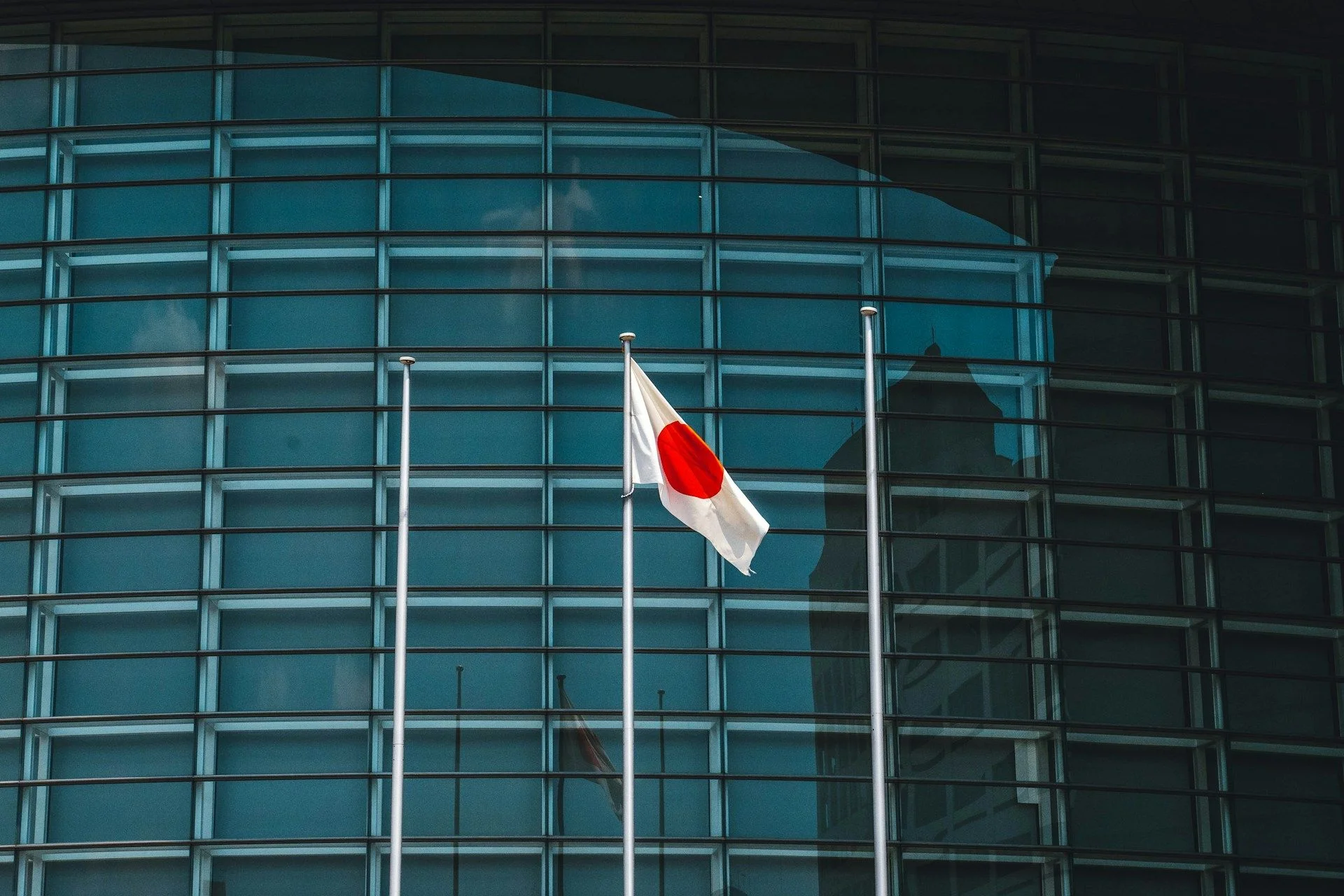Explore Real estate Listing in Nagoya Aichi of JapanIndustry hub with parkstowers and precision

Best offers
in Nagoya Aichi
Benefits of investment in
Japan real estate
Tokyo and Osaka attract steady investment
Developed infrastructure, rental stability, and global city status make Japanese metros a secure option.
Clear legal system and strong ownership rights
Property laws are transparent and favorable to foreign buyers, with no restrictions on ownership.
Demand in compact towns and ski regions
Tourist areas like Niseko and Hakuba show seasonal returns and growing foreign interest.
Tokyo and Osaka attract steady investment
Developed infrastructure, rental stability, and global city status make Japanese metros a secure option.
Clear legal system and strong ownership rights
Property laws are transparent and favorable to foreign buyers, with no restrictions on ownership.
Demand in compact towns and ski regions
Tourist areas like Niseko and Hakuba show seasonal returns and growing foreign interest.

Useful articles
and recommendations from experts
Real Estate in Nagoya Aichi, Japan
Why Invest in Property in Nagoya Aichi
Nagoya, the capital of Aichi Prefecture, is Japan’s fourth-largest city and a major industrial and transportation hub. Home to global manufacturers like Toyota, Mitsubishi, and Nippon Steel, the city boasts strong employment, a thriving tech sector, and a growing population of professionals and students. With real estate prices lower than in Tokyo or Osaka, Nagoya offers excellent value and long-term appreciation potential. Investors benefit from a stable market, high rental demand, and convenient access to both Tokyo and Osaka via the Shinkansen.
Types of Real Estate Available
Nagoya Aichi offers a variety of real estate options for investors:
- City-center condominiums — In districts like Nakamura-ku, Naka-ku, and Higashi-ku, ideal for professionals and students.
- Detached homes — Especially in family-friendly wards like Meito-ku and Tempaku-ku.
- Compact rental units (1K, 1DK) — Popular among solo tenants and university students.
- Commercial units and offices — Especially near Nagoya Station and Sakae, appealing to retail and service businesses.
- Multi-family buildings — Offering rental income from several small apartments, commonly in mid-density neighborhoods.
Ownership Rights and Legal Framework in Nagoya Aichi
Foreign investors can purchase property in Nagoya under Japan’s transparent legal system:
- Foreigners may own land and buildings outright, with no residency requirement.
- Freehold ownership is standard and clearly documented via Japan’s public registry system.
- Property transactions are completed through licensed agents and judicial scriveners (shiho shoshi).
- No restrictions apply to property use, except local zoning laws that govern development density and permitted activities.
Real Estate Prices and Market Trends in Nagoya Aichi
Nagoya’s real estate prices are competitive compared to Tokyo and Osaka:
- 1-bedroom condo (central Nagoya): $90,000 – $160,000
- 2-bedroom apartment in Naka-ku or Nakamura-ku: $180,000 – $300,000
- Detached house in Meito-ku or Showa-ku: $250,000 – $400,000
- Compact studio (used): $60,000 – $100,000
- Office or retail unit near Sakae: $2,500 – $4,500 per sq. meter
Rental Demand and Income Potential
Rental demand in Nagoya is driven by:
- University students — The city has major institutions like Nagoya University and Chukyo University.
- Corporate employees — Employed by multinational companies in the automotive and technology sectors.
- Families and long-term tenants — Seeking larger rental homes in residential areas.
- 1-bedroom apartment (central): $500 – $800/month
- 2-bedroom condo: $800 – $1,300/month
- 3-bedroom house (suburban): $1,200 – $2,000/month
- Short-term rental (Sakae or station zone): $60 – $130/night
Top Neighborhoods for Investment
High-potential investment areas include:
- Naka-ku — The city’s cultural and entertainment core, ideal for rentals, short stays, and commercial use.
- Nakamura-ku — Home to Nagoya Station, this district is a transport and business hub with modern towers and steady demand.
- Higashi-ku — A well-connected and upscale area near Aichi University and city parks.
- Meito-ku and Tempaku-ku — Popular with families, offering newer houses, good schools, and high tenant retention.
- Chikusa-ku — A green, centrally located area with growing demand among young professionals and creatives.
Purchase Process and Transaction Costs
The real estate purchase process in Nagoya includes:
- Selecting a licensed agent — Many local firms offer bilingual services for international buyers.
- Offer and contract — Signed upon agreement, typically followed by a 10% deposit.
- Due diligence — Includes review of title, taxes, property rights, and compliance with zoning.
- Registration — The deed is filed at the Legal Affairs Bureau, finalizing ownership.
- Agent commission: ~3% of price + ¥60,000 (~$400)
- Stamp duty: $100 – $600
- Registration and license tax: ~0.3%
- Scrivener/legal fees: ~$1,000 – $2,000
Who Should Invest in Nagoya
Nagoya appeals to:
- Yield-driven investors — Targeting student or worker rentals in central or suburban zones.
- Buyers priced out of Tokyo or Osaka — Seeking capital appreciation and stable cash flow.
- Commercial investors — Focused on retail, hospitality, or office space near Nagoya Station or Sakae.
- Foreign firms with local staff — Needing accommodation or office units in an affordable business city.
Conclusion
Nagoya is a well-rounded real estate market offering reliable returns, stable pricing, and growth potential supported by its industrial backbone and transport connectivity. Whether you're interested in a condo, detached house, commercial space, or rental unit, Nagoya provides a lower barrier to entry than Tokyo with equally robust fundamentals. As development continues and the city’s role as a transport hub expands, property investment in Nagoya remains a strategic choice in the Japanese real estate landscape.
